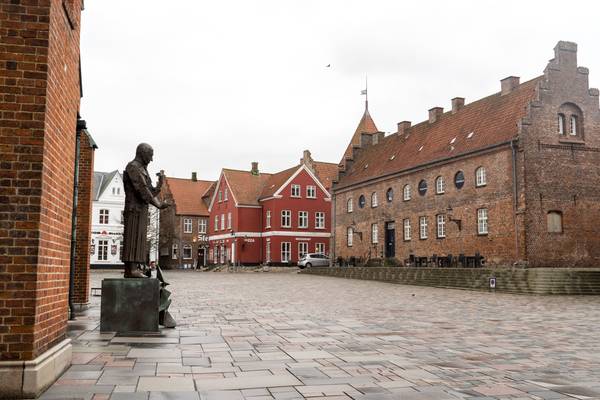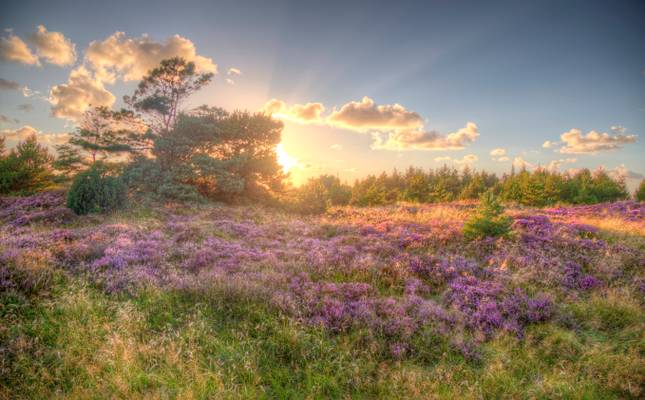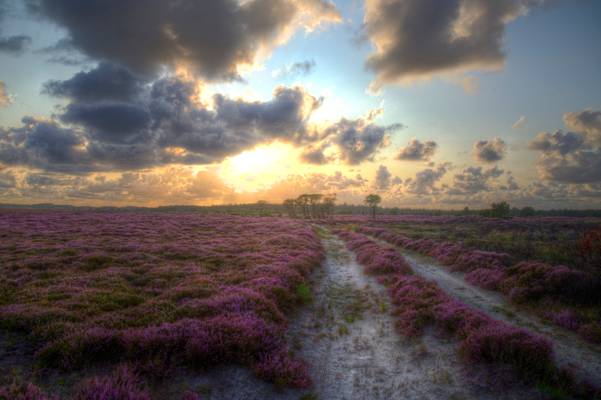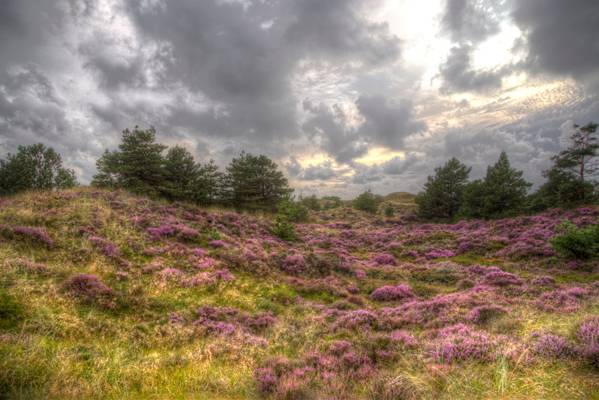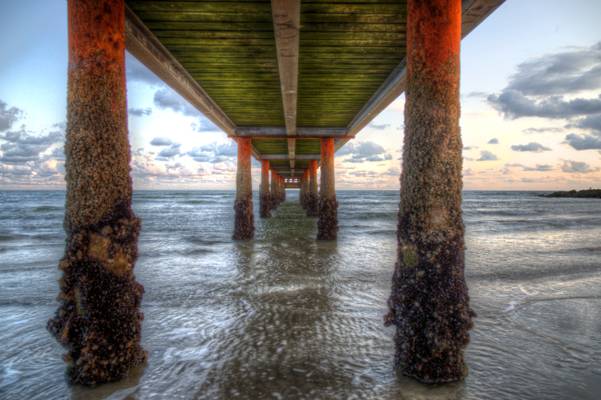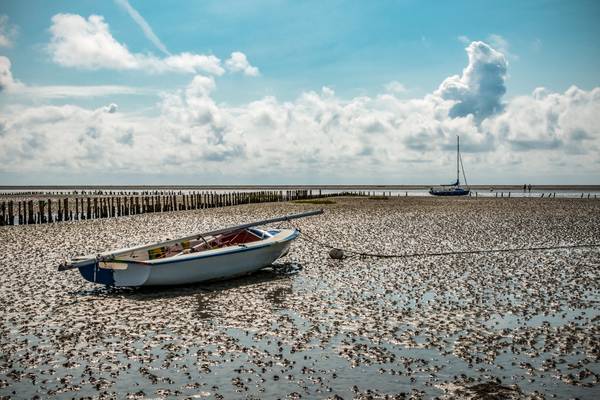
Region of Southern Denmark

by Salvatore Petrantoni
Mandø is one of the Danish Wadden Sea islands off the southwest coast of Jutland, Denmark in the Wadden Sea, part of the North Sea. The island covers an area of 7.63 square kilometres (2.95 square miles) and had 40 inhabitants in January 2018.[1] The island is part of Esbjerg Municipality and is situated approximately 12 kilometres (7 miles) southwest of the ancient town of Ribe.
Mandø is barely accessible at high tide over an unpaved surface level causeway of about four kilometers in length that connects the island to the mainland. Extensive mudflats and tidal marshes encircle the island and provide breeding areas to multitudes of birds and other organisms.[2] In the past centuries a large earthen dike has been constructed around the perimeter of the island, although substantially set back from the shoreline. This artifice has allowed conventional farming in the form of grain growing and sheep grazing. Mandø is technically a hallig, although it is far from the ten German islands commonly described by that term. The name was formerly often spelled Manø.
Reference: en.wikipedia.org/wiki/Mand%C3%B8
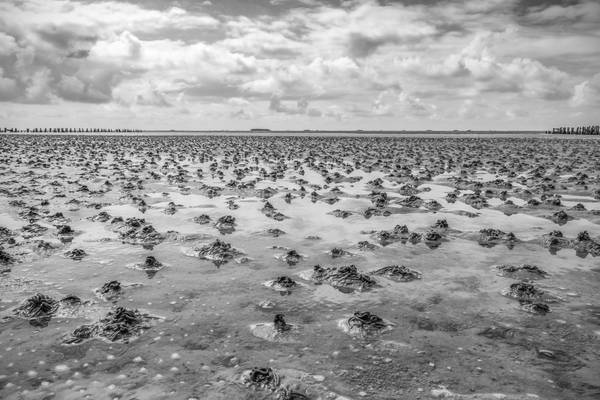
by Salvatore Petrantoni
Mandø is one of the Danish Wadden Sea islands off the southwest coast of Jutland, Denmark in the Wadden Sea, part of the North Sea. The island covers an area of 7.63 square kilometres (2.95 square miles) and had 40 inhabitants in January 2018.[1] The island is part of Esbjerg Municipality and is situated approximately 12 kilometres (7 miles) southwest of the ancient town of Ribe.
Mandø is barely accessible at high tide over an unpaved surface level causeway of about four kilometers in length that connects the island to the mainland. Extensive mudflats and tidal marshes encircle the island and provide breeding areas to multitudes of birds and other organisms.[2] In the past centuries a large earthen dike has been constructed around the perimeter of the island, although substantially set back from the shoreline. This artifice has allowed conventional farming in the form of grain growing and sheep grazing. Mandø is technically a hallig, although it is far from the ten German islands commonly described by that term. The name was formerly often spelled Manø.
Reference: en.wikipedia.org/wiki/Mand%C3%B8
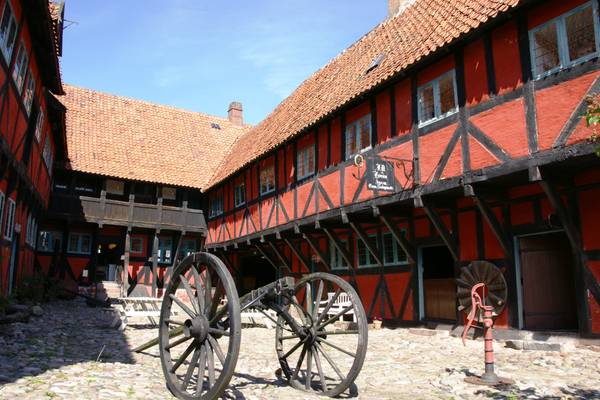
by Andrey Sulitskiy
SONY DSC
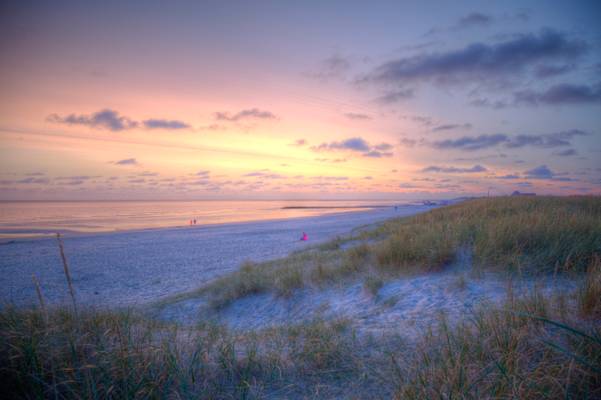
Sunset time around the Danish West Coast, low light, coloured sky...dreaming away. Hvidbjerg Strand, Jylland,Denmark
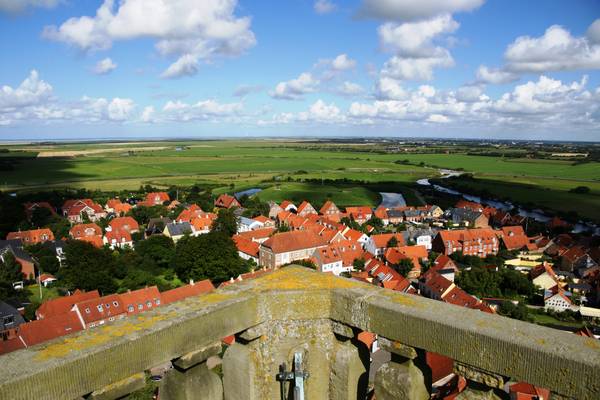
by Andrey Sulitskiy
SONY DSC
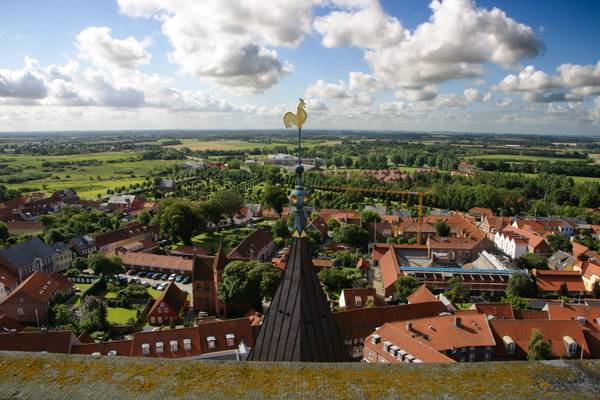
by Andrey Sulitskiy
SONY DSC
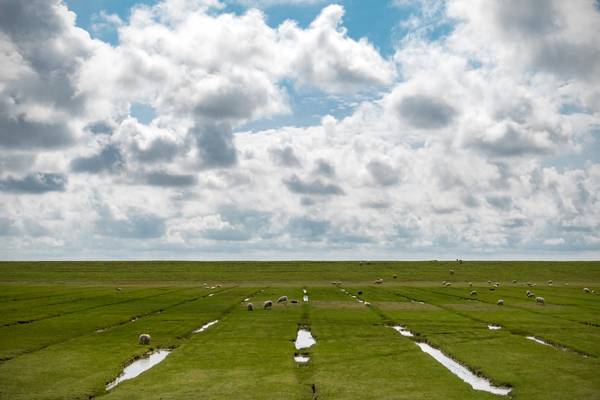
by Salvatore Petrantoni
Mandø is one of the Danish Wadden Sea islands off the southwest coast of Jutland, Denmark in the Wadden Sea, part of the North Sea. The island covers an area of 7.63 square kilometres (2.95 square miles) and had 40 inhabitants in January 2018.[1] The island is part of Esbjerg Municipality and is situated approximately 12 kilometres (7 miles) southwest of the ancient town of Ribe.
Mandø is barely accessible at high tide over an unpaved surface level causeway of about four kilometers in length that connects the island to the mainland. Extensive mudflats and tidal marshes encircle the island and provide breeding areas to multitudes of birds and other organisms.[2] In the past centuries a large earthen dike has been constructed around the perimeter of the island, although substantially set back from the shoreline. This artifice has allowed conventional farming in the form of grain growing and sheep grazing. Mandø is technically a hallig, although it is far from the ten German islands commonly described by that term. The name was formerly often spelled Manø.
Reference: en.wikipedia.org/wiki/Mand%C3%B8
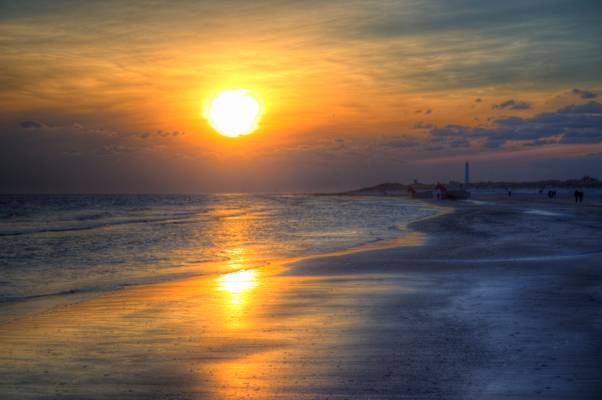
Impressions from an evening walk around the Danish West Coast, Blavand, Jylland, Denmark
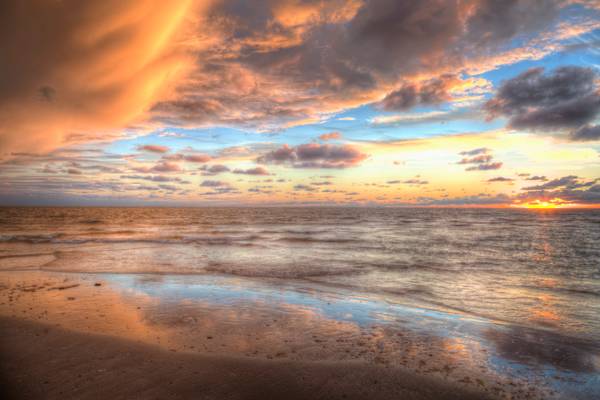
We have a few chilly days ahead before May will send us some warm moments, time to pick a Summer shot. Blavand Beach, Jylland, Denmark
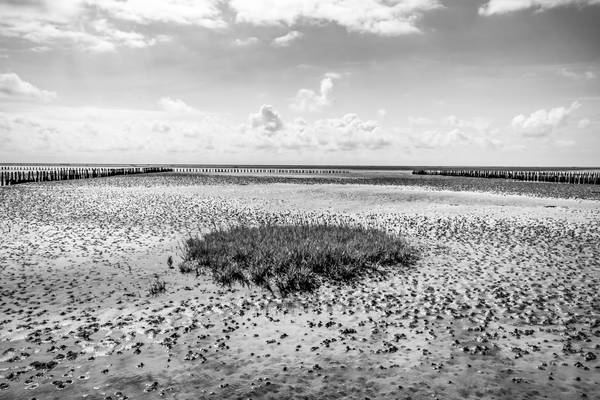
by Salvatore Petrantoni
Minimal landmark of Mandø (Denmark)
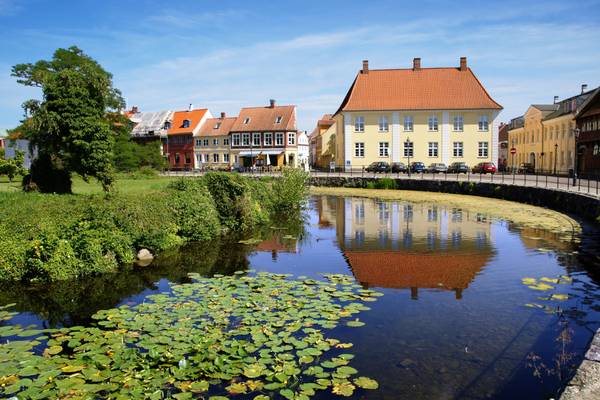
by Andrey Sulitskiy
SONY DSC
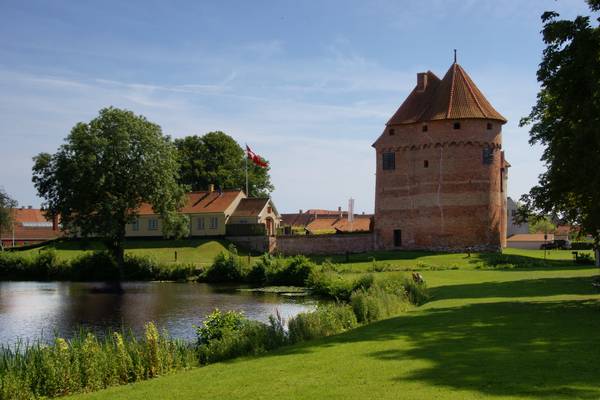
by Andrey Sulitskiy
SONY DSC
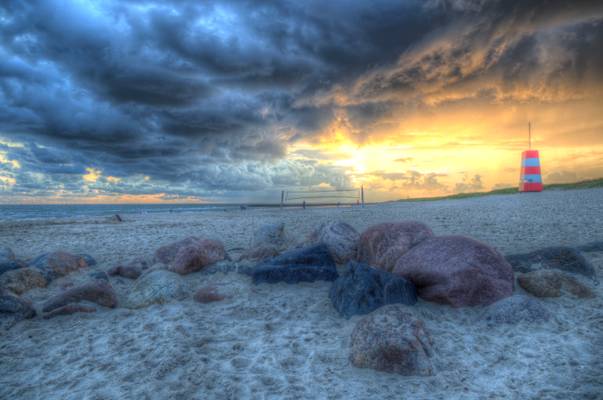
A warm evening on the shores of Blavand Beach with a powerful sky. Jylland, Denmark
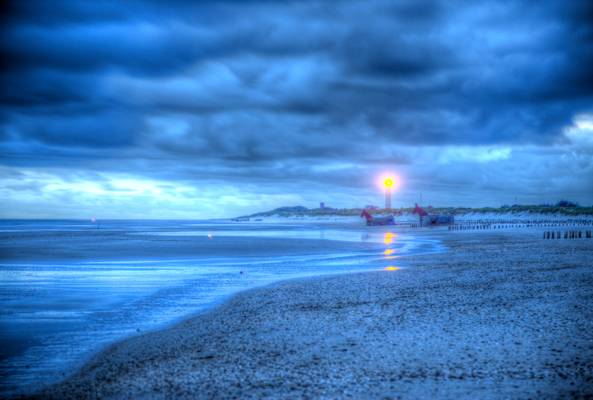
Summer sunset on the beaches of Hvidbjerg Strand, Jylland, Denmark
Thanks to all Phoide contributors to Region of Southern Denmark!
Most notably Andrey Sulitskiy, Salvatore Petrantoni and Pierre Heimann.
